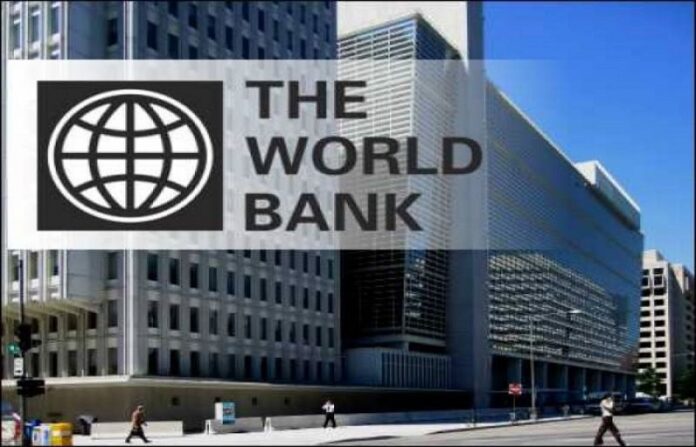The latest Food Security Update report from the World Bank has revealed that food prices are expected to remain high in 2024.
The report also highlighted that in 2023, inflation rates in low, middle, and high-income countries were high. In 63.2% of low-income countries, the inflation level was greater than 5%, which was 1.3% points higher than the previous year.
Additionally, the report indicated that the inflation level in 73.9% of lower-middle-income countries and 48% of upper-middle-income countries exceeded 5% in 2023. In high-income countries, the food inflation level was also higher than 5% in 44.4% of countries, which was 1.9% points lower than in the previous year.
The International Food Policy Research Institute (IFPRI) also noted that recent attacks by Houthi rebels on ships in the Red Sea have caused a 40% decrease in trade volumes in the Suez Canal, impacting global food security.
Furthermore, the World Bank’s Global Economics Prospects 2024 report emphasized the critical problem of food insecurity within the context of various challenges. The report also mentioned that food prices are expected to decline further in 2024 and 2025, although potential risks such as energy cost increases, adverse weather events, trade restrictions, and geopolitical uncertainty could affect them.
The report also highlighted the urgent need for circular food systems to address environmental challenges. With food price inflation exceeding overall inflation in 71% of the 165 countries where data was available, it is clear that addressing food security issues is crucial for global welfare.

